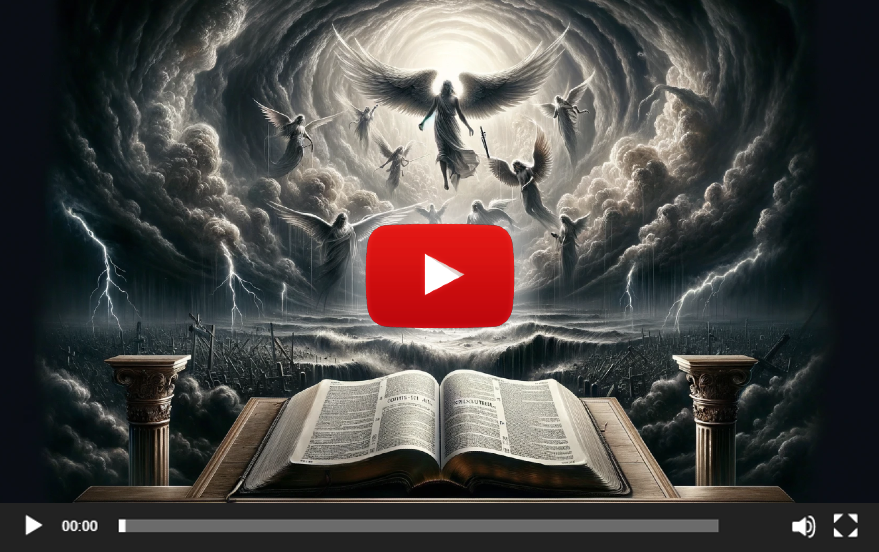The exploration of eschatology, or the study of the end times, as presented in biblical texts, reveals a complex and intricate tapestry of prophecies and visions. Among these, the Book of Daniel stands out as a significant yet often underappreciated source of prophetic insight.
Daniel, a Jewish prophet living during the Babylonian captivity around 600 BC, is a central figure in understanding these prophecies. His life, marked by unwavering faith, wisdom, and integrity, played out under the rule of various Babylonian and Persian kings. Daniel’s unique ability to interpret dreams and visions not only glorified God but also conveyed critical messages to the rulers of his time.
The Book of Daniel, believed to have been written between 540 and 530 BC, contains a range of prophecies that extend from the historical to the apocalyptic. These prophecies are not just historical accounts; they are seen as revelations of God’s plan for the world and the eventual triumph over evil.
Must see! – Old Testament’s Deadly Error: How Daniel’s Screw-Up Is Killing Us Quicker!

One of the most striking prophecies in Daniel is the vision of the statue in Chapter 2. This vision outlines the rise and fall of four great empires: Babylon, Medo-Persia, Greece, and Rome. The accuracy with which these prophecies have been fulfilled is remarkable, as each empire rose and fell in alignment with the vision.
Beyond the historical, the Book of Daniel delves into the messianic and the eschatological. It speaks of the coming of the Messiah and the end times, offering a perspective that intertwines the immediate historical context with far-reaching future events. This dual focus makes the Book of Daniel a unique and essential part of biblical prophecy.
The significance of Daniel’s prophecies lies not only in their historical fulfillment but also in their relevance to contemporary times. These visions and interpretations provide a framework through which to view current events and future possibilities. They encourage a deeper understanding of the unfolding of human history under divine providence.
In summary, the Book of Daniel offers a profound and multi-layered perspective on prophecy, blending historical, messianic, and eschatological themes. Its visions and interpretations have not only stood the test of time in terms of their historical accuracy but continue to offer valuable insights into the nature of divine prophecy and the unfolding of human history.


